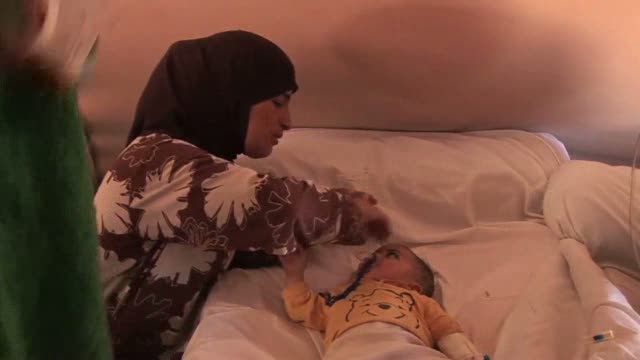- Text size
 |
|  |
|  |
| 
- Français
Governments should do more to include the uprooted in their HIV/AIDS strategies
News Stories, 24 June 2009
GENEVA, June 24 (UNHCR) – UN High Commissioner for Refugees António Guterres has said more must be done to ensure governments include refugees and internally displaced people (IDP) in their national strategies for dealing with HIV/AIDS. In a wide-ranging address Monday afternoon to the UNAIDS governing body, the Programme Coordinating Board (PCB), Guterres said people on the move – whether refugees, IDPs or migrants – can be more vulnerable to HIV.
"It is the duty of all of us to ensure that the human rights of people on the move are respected," he said. "Meeting the needs of people on the move for HIV prevention, treatment, care and support is essential for achieving universal access."
Guterres spoke on the opening day of the annual meeting of the PCB, ending today, which was focused on the HIV-related needs of "people on the move."
Global movements are complex, involving forced displacement as well as migration. UNHCR estimates there were 42 million refugees and IDPs last year, not counting those displaced by natural disasters, while the International Organization for Migration estimates there were more than 200 million international migrants in 2008.
"Programmes aiming to reduce the stigma and discrimination faced by refugees, IDPs, and migrants need to be implemented at all levels," the High Commissioner said. "At the national level, they need to be included in HIV/AIDS National Strategic Plans, policies and funding proposals.
"Results presently are discouraging," he said. "Inclusion of refugees in HIV National Strategic Plans has actually decreased since 2006." Only 32 out of 46 countries with more than 5,000 refugees had National Strategic Plans available for review in 2008. Of these, 14 – nearly 44 percent – made no reference to refugees.
"A recent examination of Global Fund HIV-approved proposals for countries with more than 5,000 refugees or internally displaced people was equally discouraging," Guterres said. "Approximately 68 percent of the approved HIV proposals made no mention of refugees. Nearly 73 percent of the approved HIV proposals did not mention internally displaced people.
"Clearly, we must do better to ensure that forcibly displaced persons and migrants are included in National HIV Strategic Plans and proposals," he said.














































